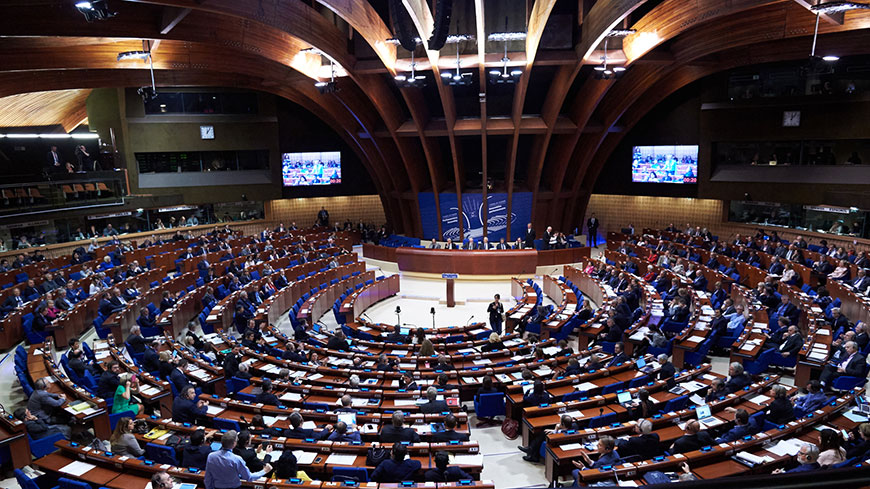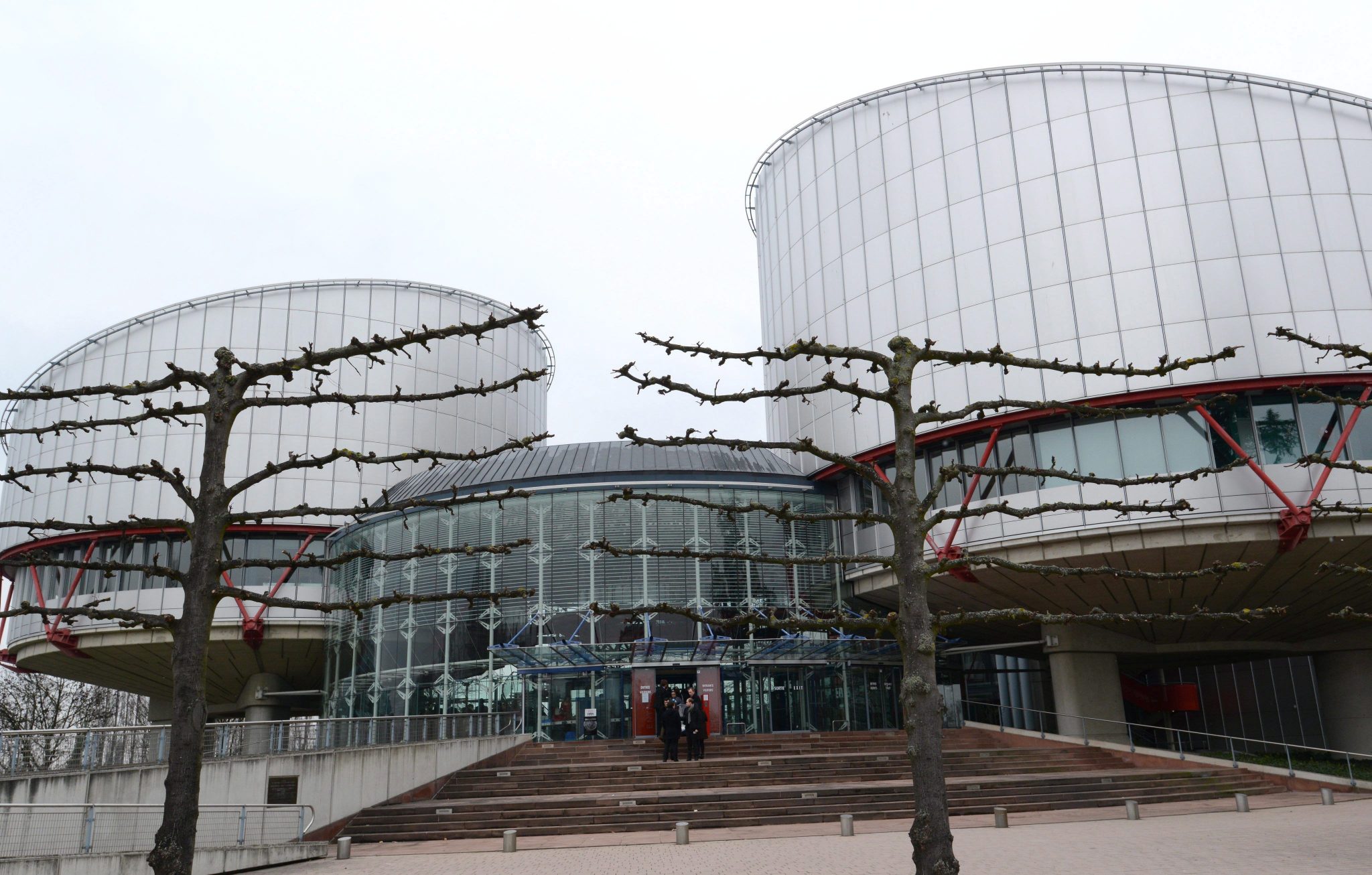
According to the Council of Europe’s Advisory Committee on the Framework Convention for the Protection of National Minorities, there are grounds to suspect that the Slovakian authorities may still be using the 1945 regulation on confiscation of property, the so-called Beneš Decrees, which mainly targeted Hungarian and German minorities.
Every five years or so, Member States submit updated reports on minority protection, which are verified by a committee of 18 independent experts. Due to the coronavirus outbreak, the members were unable to visit Slovakia until September 2021 to check the current report, which was submitted in 2018, the Hungarian language news portal based in Slovakia ma7.sk reports.
During their visit, members of the committee also consulted with representatives of Hungarian NGOs in Slovakia. The report summarizing the experiences was published on June 15, 2022.
In their report, the committee praised Slovakia for increasing its support for minority cultures and media in recent years, but also criticized a number of other aspects. For example, the document says that the Slovakian authorities do not sufficiently or only rarely condemn incitement to violence and hatred in public and political discourse.
An even more serious accusation is made in paragraph 119 of the report, where the committee expresses its suspicion that according to Hungarian minority representatives, Slovakia may still use the 1945 regulation on confiscation of property primarily targeting Hungarian and German minorities (the so-called “Beneš Decrees”).
Fact
Issued in 1945, the Beneš Decrees claimed collective World War II responsibility for Germans and Hungarians, depriving them of their fundamental rights and property. According to the decrees, 2.5 million ethnic Germans immediately lost their Czechoslovakian citizenship, and their lands and houses were appropriated by the state. Although the great powers did not allow Prague to expel nearly 1 million Hungarians as well, approximately 40,000 of them were also stripped of their citizenship. The rest of the Hungarian community had to face persistent persecution, harassment, show trials, and hard labor, forcing them to leave the country.
The Committee also calls on the Slovakian authorities to enter into a dialogue with representatives of the minorities concerned on the possible negative impact of the confiscation decree on current inter-ethnic relations.
Related article
European Court of Human Rights Condemns Slovakia for Still Enforcing Beneš Decrees
The Slovak state forest company wants to confiscate privately owned plots of land, referring to the Beneš decrees. The legal basis for the confiscation is that the owners’ ancestors were Hungarian. Last week, the European Court of Human Rights in Strasbourg (ECHR) ruled that the proceedings were unfair. Some deem the decision a milestone in […]Continue reading
The recommendations concerning Hungarians are not mentioned in the Slovakian summary, which is based on the original English text, according to ma7.sk.
However, the Slovakian side considers the allegations to be unfounded, pointing out that the property and financial problems between Czechoslovakia and Hungary were settled by the Štrbské Pleso Treaty of 1949.
Both the presidential decrees and the expulsion of the Hungarian population must be seen in their historical context and in the context of the results of the Second World War. As in the Second World War, these measures resulted in many individual grievances and tragedies. However, they were legal and legitimate measures, according to Slovakia.
Officially, 460,000 ethnic Hungarians live in Slovakia
According to a recent decision by the Slovakian government, the country’s minority laws will treat the number of people who declared themselves as belonging to a national minority in first and second place in last year’s census as one, i.e. they are added together.
This means that there are officially 456,148 Hungarians living in Slovakia. According to the government office, this makes the Hungarian community 8.4% of the total population.
The decision is of practical importance, because the laws affecting the use of minority languages are linked to the proportion of the population.
Featured photo illustration via coe.int

